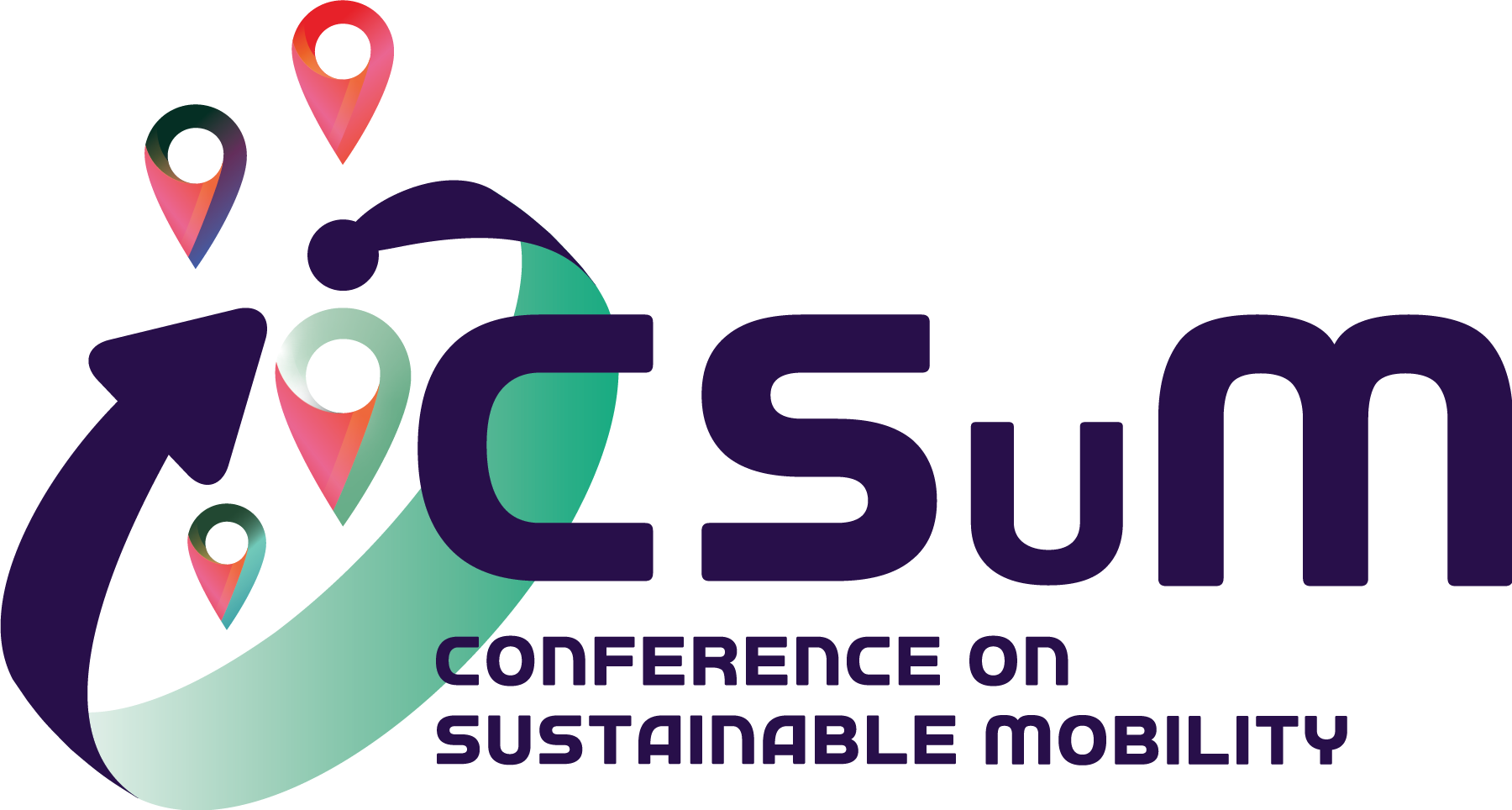To express your intention to organize an invited session, please send an email at infocsum@civ.uth.gr, including your proposal as an attachment.
The Call will remain open till the end of June 2022.
For more information, please contact the Conference Organizers.


